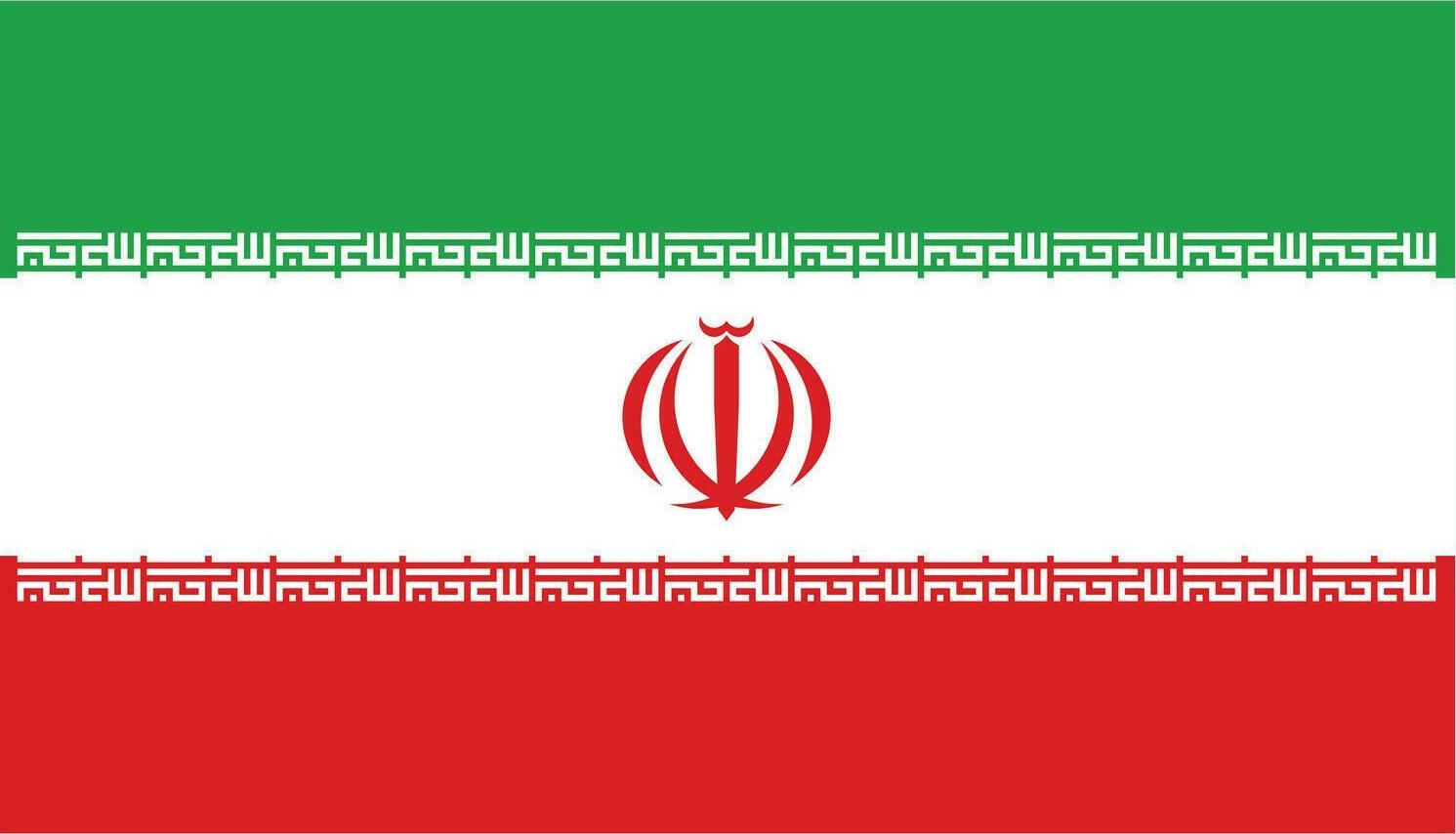
Key global insights

Tensions continue to escalate in the Middle East amid fears of an Iranian backlash to Israel’s recent strike on Iran’s Damascus consulate. These fears are driving further brent oil price increases and causing disruptions to airlines. Many fear that Iran will limit oil transfers through the Strait of Hormuz and that further US sanctions on Iranian oil will push brent oil prices up. Airlines are becoming increasingly cautious of the airspace over the Middle East, with Qantas recently suspending their direct flight from Perth to London. If the conflict continues to escalate there could be additional supply chain and connectivity issues that could impact businesses and consumers here in Queensland.
The 2024 Foreign Direct Investment Confidence Index (FDICI) revealed a trend of investor optimism especially towards Asia Pacific markets. Depicting a survey of investor sentiment over the next three years, the Index confirmed that Australia remains among the top 10 attractive markets for foreign direct investment (FDI), alongside the USA, Canada, China (including Hong Kong), UK, Germany, France, Japan, UAE, and Spain. This year, Australia has seen a significant 39% surge in optimism, marking a 10% rise from the previous year.
Gladstone and Queensland are cementing their spots as world leaders when it comes to clean economy manufacturing jobs in hydrogen and renewable energy, with the official opening of a major hydrogen industry manufacturing project and the approvals announced for the next stage to commence. Fortescue’s Gladstone Electrolyser Facility is the first manufacturing facility in Australia to build hydrogen electrolysers at a commercial scale and one of the largest globally.
A new bulk goods conveyor at the Port of Bundaberg has officially open for business; transforming export opportunities in the Wide Bay-Burnett region of Queensland. The conveyor will provide competitive and efficient loading facilities for a wide range of bulk minerals and agricultural products – from sands and sugar, to light grain and wood pellets. Businesses in the Wide Bay-Burnett region can now expand their capabilities and services, driving economic growth in the area.
Global demand for metallurgical coal reached 317 million tonnes in 2023, growing by 8% from 2022. With the world steel output expected to grow at 1.5 per cent every year to 2029, the demand for metallurgical coal is projected to rise from 317 million tonnes in 2023 to 331 million tonnes by 2029. Higher production in New South Wales and (especially) Queensland is expected to lift Australia’s exports from a weather-affected 156 Mt in 2022–23 to 175 Mt by 2028–29. Coal is Queensland’s largest export and with global demand still high, Queensland is well positioned to be able to capitalise on these opportunities.
TSMC will receive $6.6 billion of funding and up to $5 billion in loans to build semiconductor chip factories in the US. This follows the previous $8.5 billion in funding for Intel and $1.5 billion for GlobalFoundries. The US is focused on reducing foreign dependencies in the chip-making supply chain and consolidate chip-making capabilities. Queensland announced it’s Quantum and Advanced Technologies Strategy last year, aiming to develop semiconductors locally. While the US developing their own semiconductors could mean more competition, it could also present opportunities for joint ventures and collaboration.
Featured insights

Queensland driving an Australian Made Future
- Drawing a link between ‘national security and economic security’, the Prime Minister has responded to a new era of ‘strategic competition’ (citing the $700bn Inflation Reduction Act in the US) by announcing the ‘Future Made in Australia Act’.
- The Act will bring together new and existing initiatives to drive opportunities in advanced manufacturing and clean energy.
- The Prime Minister highlighted Queensland’s pivotal role as a resource, energy and innovation state.
- Full details of the act will be announced in May’s Federal budget.

Japan set to become 'Pillar 2' AUKUS partner
- While there has been no formal announcement, the United States’ ambassador to Japan says that Japan is ‘about to become the first additional Pillar 2 partner’ in AUKUS.
- The AUKUS security pact between Australia, the UK and US promotes co-operation on advanced cyber mechanisms, artificial intelligence, autonomy, and other key security priorities.
- The expansion of AUKUS could unlock opportunities for trade and investment in Queensland’s defence sector.
- The announcement comes at a time when global military expenditure is increasing; it surged 9% in 2023.
In case you missed it...
- US CPI rose 0.4% month-on-month in March, with annualised three-month CPI up to 4.6% from 4.0% in Feb.
- Europe's top human rights court has ruled that the Swiss government has violated the human rights of its citizens by failing to do enough to combat climate change.
- After drought restricted ship movements, Panama Canal crossings are set to continue to increase if rainfall for May meets expectations.
- Defence Minister Richard Marles has announced the government will spend an extra $50 billion on defence over the next decade and will re-prioritise $72.8 billion in planned spending.

